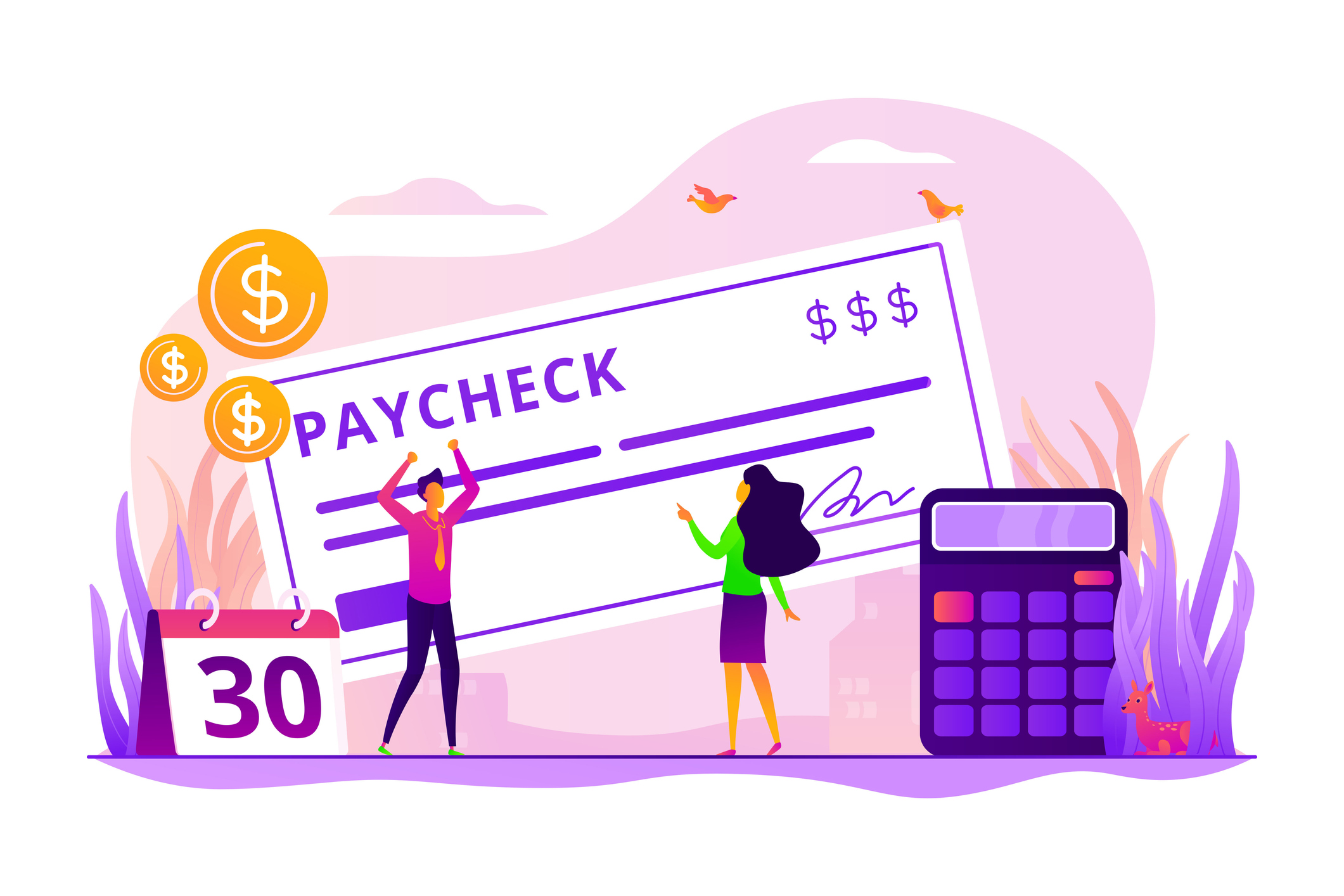Nothing is more thrilling and exciting than getting your first paycheck from your first ‘real job’ after school, college, or university. Over your first month on the job, you have probably already thought of spending your first paycheck in a million different ways. Well, that is what everyone does, and it is normal. However, creating a budget or financial plan right from the beginning saves you from financial miseries and crises in the future and allows you to know the worth of your hard-earned money.
 Money Management and Millennials
Money Management and Millennials
Money management is no easy feat, especially when you are new to managing your money-related tasks. It is a foreign concept to most millennials. According to a survey of 5500 millennials, only 30% of people credit and contribute money from their first paycheck into their savings and 401k accounts. By analyzing the percentage scale, the survey indicates that millennials either lack the financial wisdom to save money for hard times or do not even believe in saving money.
Make a Financial Budget
Trust us. The motivation to save money develops right from the beginning, and the little you contribute to your savings and retirement accounts each month accumulates to a significant wealth at the end of your working years. Your first paycheck is cheery on the top of a pineapple cake. If you eat it before cutting the cake, the charm and excitement level of blowing the candles and cutting the cake will vanish.
This indicates that you must budget every paycheck properly and develop a habit of saving money right from the beginning to meet financial emergencies and save yourself from mental traumas relating to money. Monthly budgeting and bookkeeping give you a clear snapshot of your salary and help you know where your money goes.

Here is what you should do with your every paycheck.
Pay Off Debt
To keep your financial equation balanced, you must always pay off your debt before allocating and spending money on other things–whether it is your first paycheck or your tenth! Debts like student loans and auto and credit card debt must be wisely paid off first, or high interest rates can hinder your long-term financial standing, ultimately making it extremely difficult for you to advance in your career.
In short, paying off debt should be priority #1, and no one argues that! You may not know how to manage your money correctly, but you must learn the art of money management, or you may be stuck miserably amid severe financial problems.
 Create a Savings Account or Emergency Fund
Create a Savings Account or Emergency Fund
Building an emergency fund and creating a savings account is ideal for you to kick-start your savings career. This will help you meet financial emergencies and encourage you to spend less and save more. Since life is unpredictable, you must have a backup plan and resources to meet financial problems that may arise at any moment.
Keep working, save more, hope for the best, and plan for the worst! According to the 50-30-20 rule, you must save at least 20% of your income for hard times. Crediting a fixed portion of your income from every paycheck gets you more financially secure and stable. It will be a big plus in the long run if you start saving from your first paycheck.
Contribute Money to Your 401k or IRA Account.
According to studies, those who regularly contribute money into their retirement fund, 401k, or IRA account stay happier and relaxed, knowing their future is secured and well protected. To accumulate significant wealth to enjoy your post-working or retirement life, you must start contributing to your retirement account right from your first paycheck.
 About Complete Controller® – America’s Bookkeeping Experts Complete Controller is the Nation’s Leader in virtual bookkeeping, providing service to businesses and households alike. Utilizing Complete Controller’s technology, clients gain access to a cloud platform where their QuickBooks™️ file, critical financial documents, and back-office tools are hosted in an efficient SSO environment. Complete Controller’s team of certified US-based accounting professionals provide bookkeeping, record storage, performance reporting, and controller services including training, cash-flow management, budgeting and forecasting, process and controls advisement, and bill-pay. With flat-rate service plans, Complete Controller is the most cost-effective expert accounting solution for business, family-office, trusts, and households of any size or complexity.
About Complete Controller® – America’s Bookkeeping Experts Complete Controller is the Nation’s Leader in virtual bookkeeping, providing service to businesses and households alike. Utilizing Complete Controller’s technology, clients gain access to a cloud platform where their QuickBooks™️ file, critical financial documents, and back-office tools are hosted in an efficient SSO environment. Complete Controller’s team of certified US-based accounting professionals provide bookkeeping, record storage, performance reporting, and controller services including training, cash-flow management, budgeting and forecasting, process and controls advisement, and bill-pay. With flat-rate service plans, Complete Controller is the most cost-effective expert accounting solution for business, family-office, trusts, and households of any size or complexity.



